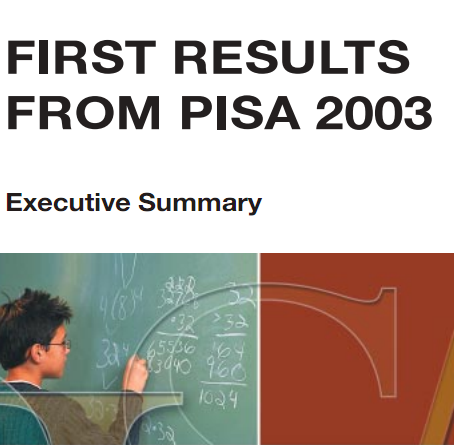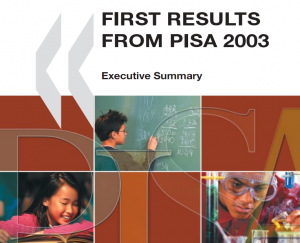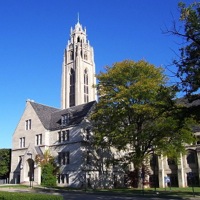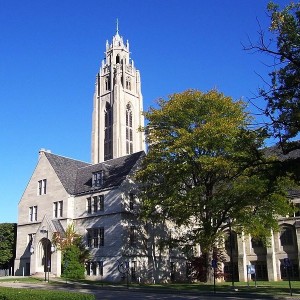The June ’06 Model School Conference in Orlando was a great success. The conference was hosted by Willard Daggett’s International Center for Leadership in Education. As a Senior Consultant for the ICLE, I presented four workshops. I’ve included workshop descriptions and updated handouts below.
I pleased to come home to this email from one of the participants:
Hi Mr. Pappas,
I saw you this week at the model schools conference and attended two of your sessions, the one on Publishing and Strategies for Rigor, Relevance and Reading for High Performing Students. I was completely moved, motivated and excited. …I cannot wait for school to begin again so I can put your ideas and strategies into practice! I wanted to thank you for reenergizing me and giving me solid strategies that I can take back to the classroom!!! Many thanks,
LaDonna Walker ~ 7th grade language arts teacher
Reinventing High School – A Focus on Instruction. I used a Turning Point audience response system to gather data from over 500 attendees in the session. Here’s an updated version of the PowerPoint which includes the responder data Download pre-con-slides.pdf 1.4MB pdf Want to know more about TurningPoint response systems? Contact Mike Venrose at mvenrose@turningtechnologies.com Tell him you saw the system in my session at Model Schools. More on my use of TurningPoint.
The Power of Publishing – Academic Success for Struggling Readers and Writers
“This workshop will showcase examples of successful programs that have motivated struggling readers and writers. The power of publishing enables students to think like writers, to apply their learning strategies and to organize and express their learning. Tips for funding to incorporate the publishing workshop into your academic intervention program make this a viable and cost-effective solution for any district. Participants will also learn simple technology tips that produce great results.” Download Publishing-success-handout.pdf 1.8MB pdf. More online at my website Read > Think > Write > Publish
Rigor, Relevance and Reading for High Performing Students
“Designed for honors / AP level teachers who think that an engaging learning environment is more than an inspired lecture. Learn strategies to enable your students to read, reflect, and write like historians, scientists, mathematicians, and literary critics. Teachers will find out how to support subject area mastery while building student literacy skills in defining, summarizing and analysis.” Download high-performing-handout.pdf 1.5MB pdf. More online at my website Content Reading Strategies that Work
9th Grade Academy – A Small Learning Community That Works
“Boost student achievement with rigor, relevance and literacy strategies for academic success. This workshop traces the success of the ninth grade academy at East Irondequoit CSD, an inner-ring suburb of Rochester NY. High standards, parent partnerships and assessment driven instruction are helping teachers of all disciplines support their subject area while building student literacy skills.”
Download NGA-that-works.pdf 1.5MB pdf. More online at my website Small Learning Communities that Work
Like this:
Like Loading...




